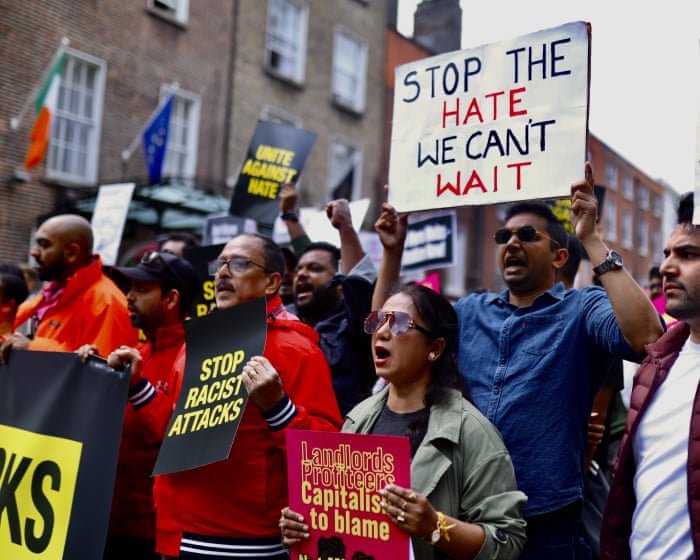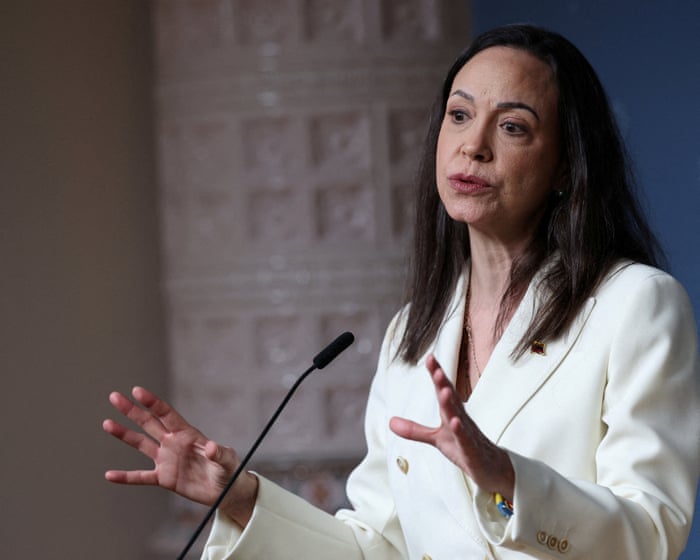I grew up twice: first in India, where I was born, and again in Ireland. One country gave me life, the other shaped my soul. I arrived in Ireland in 1986 at the age of 24, one of just a few foreigners in Sligo. Until then, the only Irish people I’d known were nuns—formidable women who ran convent schools in India. I clearly didn’t make much of an impression on them; by age 10, I was already deemed unmarriageable because of my messy needlework. But I held no grudges. A little over a decade later, I left India with a solid education to build on.
Ireland in the 1980s surprised me in many ways. Yes, the forty shades of green, the endless rain, the countless words for “field,” and the famous welcomes were all real. But so was a society still tightly bound by religion. Married couples couldn’t divorce, and unmarried people had limited access to contraception. Abortion wasn’t just illegal—it was banned by the constitution.
We expected the West to be all about sex, drugs, and rock ‘n’ roll. Instead, we found young Irish women dancing in circles around their handbags—most of the local Sligo men had left to find work abroad. During the economic recessions of the ’80s, we saw businesses fail, shops close, families struggle, and young people, especially men, emigrate in droves to find jobs and opportunity.
Even in those tough times, racism was something only “eejits” without any “cop-on” engaged in. (And in Ireland, lacking cop-on is a serious flaw—this is a country that has never suffered fools gladly.) It wasn’t surprising, given how much prejudice the Irish themselves had faced over the centuries as economic migrants.
Of course, people in Ireland were always curious about us—where we came from, why we spoke English. There was no malice in it, and we took no offense. We’d moved from a country of prying people to a nation of nosy ones, and as a novelist, I make my living from that very trait.
It didn’t take me long to realize that the social fabric of both countries was woven from similar threads. India has its overt, cruel caste system; Ireland has its hidden, subtle class divides. Religion loomed large in both places, offering comfort with one hand and despair with the other. I was already familiar with Hindu-Muslim tensions stoked by politics, but Ireland quickly taught me about its own sectarian divisions. Divide and rule was perfected here before being exported across the empire. We shared that colonial history and, for a long time, all the insecurities that came with it.
There’s a sense of disbelief when you give your best to Ireland only to be kicked in the teeth—sometimes literally.
Over the years, I’ve not only felt at home here, I’ve become an unashamed advocate for this country. We worked twice as hard to be treated as equals, approaching Ireland with curiosity, enthusiasm, frequent frustration, and always humor. And it worked, because that’s exactly the attitude Irish emigrants take when they leave home in search of opportunity.
I understand this country’s psyche and how its historical scars have given us a unique perspective. It’s no myth that we hold in our hearts those who suffer from war, hunger, and injustice elsewhere. And yes, I say “we” and “us” with pride—I’ve been Irish for over 30 years now.
But the past few months have been unsettling. People of color, especially those from the Indian community, have been targeted in random physical attacks.
One of the most shocking cases—and among the first to make headlines in India—involved a man who had just arrived in Dublin to start a tech job. Cruel videos of the assault circulated widely.Images circulated online showing the victim, bleeding and injured, stripped of his clothes and wandering in a Dublin suburb. This isn’t isolated to the capital: in Waterford, a six-year-old girl was reportedly beaten and told, “Go back to India.” Indian nurses are now considering leaving the country. Last month, Dublin’s annual India Day celebration was canceled for safety reasons, and the Indian embassy advised its citizens in Ireland to “avoid isolated areas.”
Many of us feel disbelief that you can give your best to a country only to be met with such cruelty—sometimes literally. Our heightened anxiety comes from a deep sense of injustice. I’ve mentally rehearsed my responses if I were ever targeted: “My husband saves Irish lives! My daughters do too! My son cares for your pets! I’ll make you the villain in my next novel!” But deep down, I know I’d be too shocked to speak. Bravado is no match for the deep humiliation of racial abuse.
So what has changed? How did this generous, welcoming country come to be seen as racist? And why, as Irish citizens, are we tolerating such self-sabotage? We know that legal immigrants are a lifeline for our struggling health service and bring critical skills to IT, biomedical engineering, and pharmaceuticals. They pay taxes, follow the law, contribute to GDP—these are people we need. Foreign students are vital to university funding, and when they’re not studying, they help support a hospitality industry already on its knees.
Have we simply ignored rising bigotry because we bought into our own narrative—the friendly, compassionate island of saints and scholars, always occupying the moral high ground?
Now we’re suddenly facing harsh new realities: xenophobes skilled at scapegoating, out-of-state agitators and bot farms spreading hate online, political parties unwilling to take a stand, and underage offenders who mock justice.
At times, it feels like I’ve woken in the middle of a long Irish wake—one that’s been going on for two years—mourning an Ireland we fear we’ve lost to the far right. Shocked mourners offer sympathy, agreeing the deceased was decent, one of the good ones. Everyone brings food for thought, trays of platitudes, sandwiches stuffed with good intentions, and bottled-up anger, all set to familiar tunes of regret. Politicians shake hands and leave. Condolence books are signed, and priests call for reflection.
And that’s what I’ve been doing these past weeks—reflecting. Believe me, racial abuse is soul-destroying. As a first-generation immigrant, an Irish woman of colour, I say: enough hand-wringing. Instead, extend those hands in friendship—at a bus stop, on a train, at work. Try making small talk with someone in a hospital or at the school gates. A smile in a supermarket queue is more reassuring than any grand political statement. We’re good at talking about the weather—do it; it breaks down barriers. Commit to random acts of friendliness. Be neighbourly again, even be a little nosy.
The Ireland we knew hasn’t gone anywhere.Complacency caught us off guard, but we can reclaim our country by simply being the strong, principled people we know we can be.
Cauvery Madhavan is a novelist and journalist.
Do you have thoughts on the issues discussed in this article? If you would like to submit a response of up to 300 words via email for possible publication in our letters section, please click here.
Frequently Asked Questions
Of course Here is a list of FAQs about the statement When I left India Ireland welcomed me with open arms I will not allow bigotry to destroy the country we all cherish
General Understanding Definitions
Q What is this statement mainly about
A Its a personal pledge from an immigrant to protect Ireland from intolerance and hatred in gratitude for the welcome they received
Q What does bigotry mean in this context
A It means prejudice intolerance and hatred directed towards people based on their nationality race religion or background
Q Who is the person saying this
A While the author isnt specified here its written from the perspective of someone who emigrated from India to Ireland and now calls Ireland home
Motivations Personal Experience
Q Why did the person leave India
A The statement doesnt give a specific reason People emigrate for many reasons such as seeking new opportunities education joining family or a better quality of life
Q What does welcomed me with open arms imply
A It suggests they were met with kindness acceptance and opportunity by the people and communities in Ireland making them feel at home
Q Why do they feel so strongly about protecting Ireland
A Because they have a deep personal appreciation for the country that accepted them They see it as their home now and feel a responsibility to defend its inclusive values
Deeper Implications Society
Q Isnt this just about one persons story Why is it important
A While its a personal story it represents the experience of many immigrants It highlights the positive contribution immigrants make and their desire to be active protective members of their new society
Q What kind of bigotry is the statement warning against
A It could be racism xenophobia religious intolerance or any form of us vs them rhetoric that divides communities
Q How can bigotry destroy a country
A It doesnt destroy the physical country but it can destroy social cohesion trust between communities and the shared sense of identity that holds a society together leading to conflict and fear
Taking Action Practical Tips



